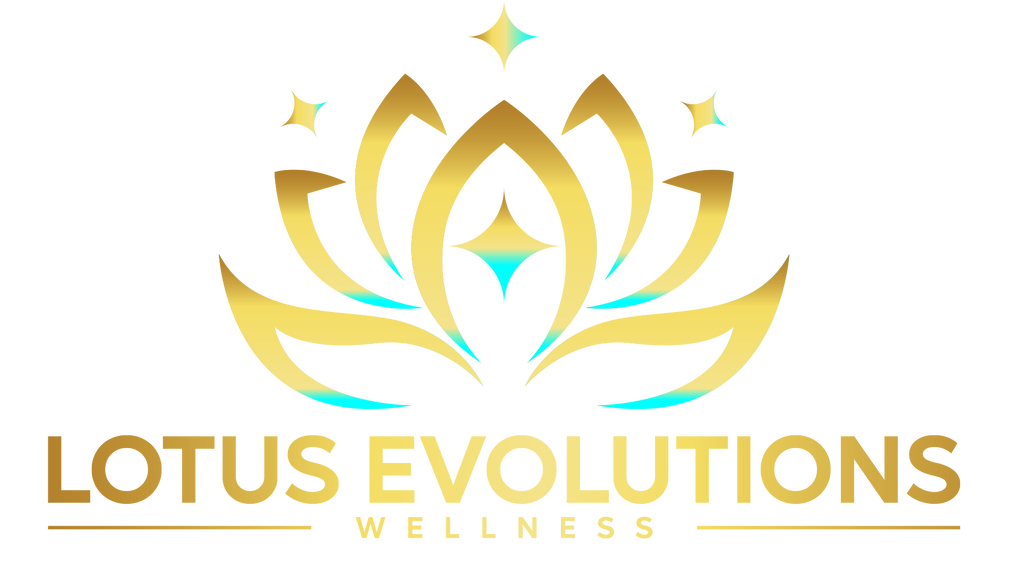Amino Acids “Key” for Healthy Skin
In my early days of being an aesthetician and practicing professionally, I did not necessarily realize the importance of dietary proteins and amino acids in relation to healthy skin; yet, its importance is essential. Amino acids are created from the consumption of proteins and are responsible for the building, rebuilding and growth of our bodies. Proteins are responsible for the synthesis of enzymes, hormones, neurotransmitters, antibodies and make up the structure of our bodies, hence, our skin, in the production of collagen and elastin. Collagen and elastin give our skin it’s fullness, structure and elasticity, which are the primary attributes of youthful skin. Who doesn’t want youthful skin?
Amino acids are divided into three categories: essential, conditionally-essential and non-essential. Essential amino acids are not manufactured in our bodies and need to be obtained from the diet. Conditionally-essential amino acids are manufactured through the presence of essential amino acids and/or other nutrient co-factors, in a healthy-functioning body, but may need to be supplemented under certain circumstances. Non-essential amino acids are manufactured by our bodies and do not need to be required through diet. Here is a breakdown and list of the amino acids that have a major role in collagen production and would healing:
-
Leucine - an essential amino acid that aids in wound healing
-
Lycine - an essential amino acid that works together with vitamin C to synthesize collagen
-
Methionine - a sulfur-containing amino acid that gives collagen its strength and resilience
-
Threonine - an essential amino acid responsible for collagen and elastin
-
Cysteine - a conditionally-essential, sulfur-containing amino acid which is manufactured from methionine and acts as an antioxidant, as well as, a detoxification aid
-
Glycine - a conditionally-essential amino acid manufactured from choline, threonine, and serine. Glycine also has a calming effect on the body.
-
Proline - a conditionally-essential amino acid manufactured from glutamine and ornithine, and is one of the main amino acids in the production of collagen and plays a significant role in wound healing
Protein Consumption Considerations
One very important factor to consider with protein consumption is the quality of the protein. If you are someone who consumes animal protein regularly, make sure its the purest protein source. Here are some things to look for on food labels, specifically animal-based protein foods: “organic”, “100% grass-fed and finished”, and “non-GMO”. Quality can not be compromised when it comes to animal proteins. Another important factor to consider is your ability to digest, assimilate and absorb protein-rich foods. In order to efficiently digest proteins, you need sufficient stomach acid. For many people, this is a weak area of their digestive processes, especially if everyday high stress is involved in someone’s life. “Proteases”, or protein-digesting enzymes, must also be abundant for the complete digestion, assimilation and absorption of proteins. A broad-spectrum digestive enzyme will offer the support you need, especially if you’re under high stress and/or over the age of 40.
What about Collagen Peptides in Skin Care Preparations
Collagen peptides are proteins that are broken down into amino acid chains that can be easily absorbed by the skin topically. The collagen molecule, on its own, is much too big to penetrate the skin, but peptides can, and in turn, can stimulate, via cellular signaling, the production of collagen from the outside, resulting in firmer, more hydrated skin that has better tone and clarity. However, I find that these topical skin preparations, although effective, work much more powerfully when the inner body is also supported and nourished with collagen-rich foods…such as with bone broth! Bone broth is an amazing food for the skin, as well as, the gut and the health of the gut and the skin go hand-in-hand. With improved health and function of the gut, the skin will also benefit and show its radiance.
Should I Take a Collagen Supplement?
Collagen supplements, as a whole, are subpar in my opinion. I do not cut corners with supplements, nor with food, so I suggest making your own homemade bone broths, or, supplementing with a high-quality bone broth protein, which matches the criteria that you would look for when purchasing meat for preparation. Remember those “key” labels: “organic”, and “non-GMO”. I would also look for a company that pays attention to the details of manufacturing a premium product, such as, “no additives”, and/or, “humane practices”.

Conclusion:
Your skin needs quality protein in order to be healthy and vital. Please note, if you’re undergoing professional skin treatments, like peels, microneedling, dermaplane and the like, your needs increase, just like your need for vitamin C increases. Support your skin from the inside, as well as, the outside. Remember: “Healthy Skin From Within”…
Click on Link to retrieve “Anti-Aging Skin protocol”
Resources:
https://www.healthline.com/health/peptides-for-skin#how-they-work
Photo Credit - complements of Lyfe Fuel



Leave a comment